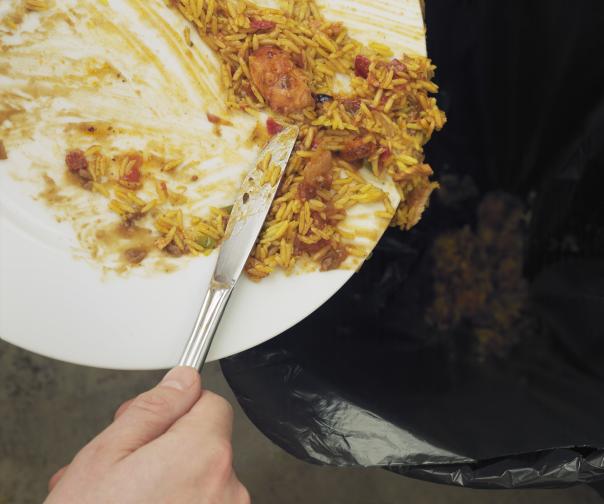
Research just launched into consumer attitudes and behaviour around food waste when they eat out in pubs, hotels, restaurants and quick service restaurants provides important insight for businesses to help reduce food waste, according to Richard Swannell, director at WRAP responsible for tackling food waste.
The research shows that the areas providing significant opportunity for the sector to save money and reduce waste are offering greater choices, different portion sizes and meeting customer expectations.
Around 53% of respondents would like to see more choice and 44% stated large portions were actually off putting. The most wasted food is often the side dishes of chips, vegetables and salad, so businesses can save money by asking whether these are actually wanted.
The research also highlighted that consumers do not want to have to worry about how much of their meal they leave, when they are dining out. They believe that is the responsibility of the establishment where they are eating.
It is estimated that pubs, hotels, restaurants and quick service restaurants could save an estimated £722m a year by preventing food waste and increasing recycling.
To help support changes WRAP has produced an on-line resource pack for the hospitality and food service sector which gives a summary of the research and practical solutions. These include menus that offer a variety of portion choices and messages.
Industry is already taking action with over 150 companies signing up to WRAP’s Hospitality and Food Service Agreement (HaFSA) which launched in June 2012. It is a voluntary agreement to cut food and associated packaging waste by 5% and increase recycling to 70%.
More help has also been made available with the launch of Unilever’s industry-first mobile app – ‘Wise up on Waste’ - to help chefs and caterers identify and reduce avoidable food waste.
Swannell added: “By highlighting consumer attitudes there is an opportunity for industry to create practical solutions to the problem. WRAP is working with industry to tackle food waste through the Hospitality and Food Service Agreement, the on-line resource pack and a recently established industry working group to look at menu planning and portioning.”
To find out more about how your business could benefit from been part of the Hospitality and Food Service Agreement visit www.wrap.org.uk/hospitality. Signatories and supporters to the agreement can now also access a new communication guide produced by Love Food Hate Waste.